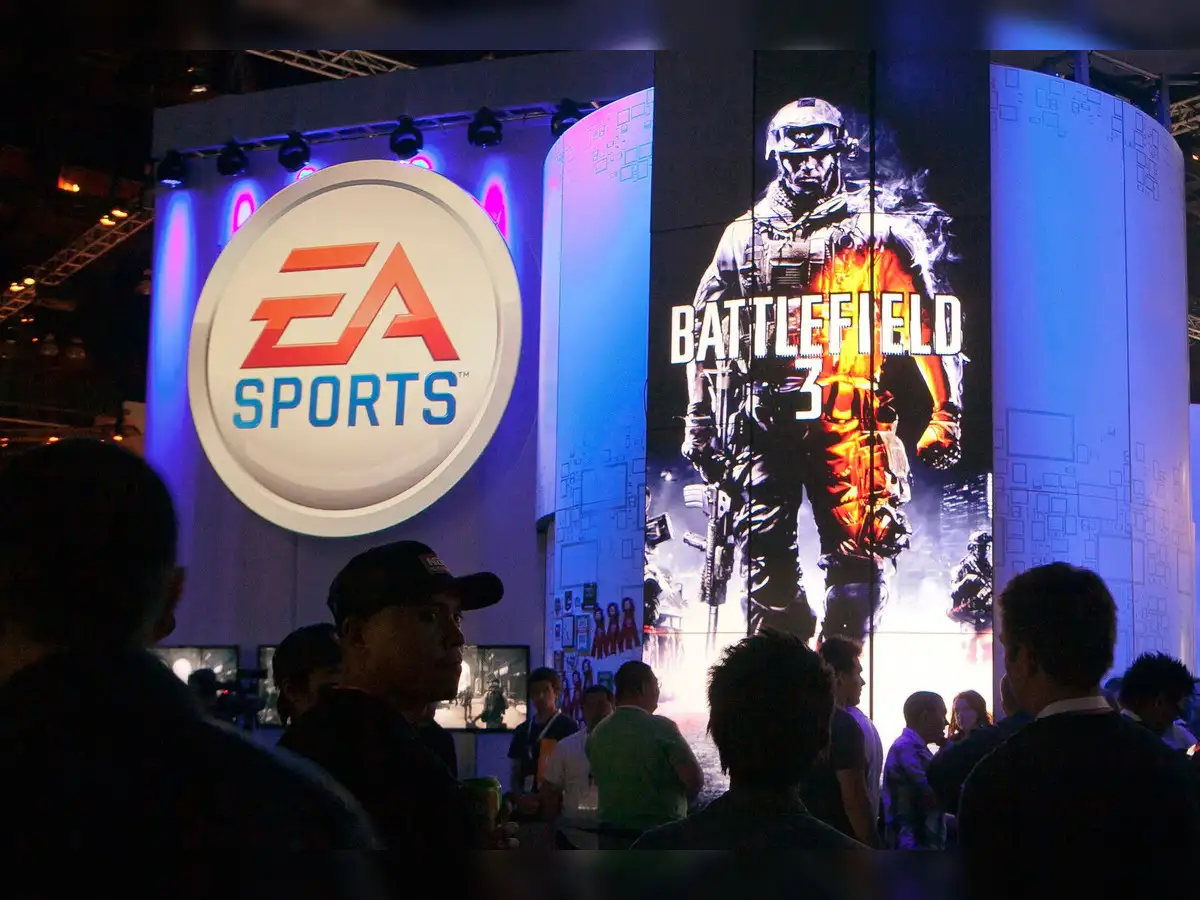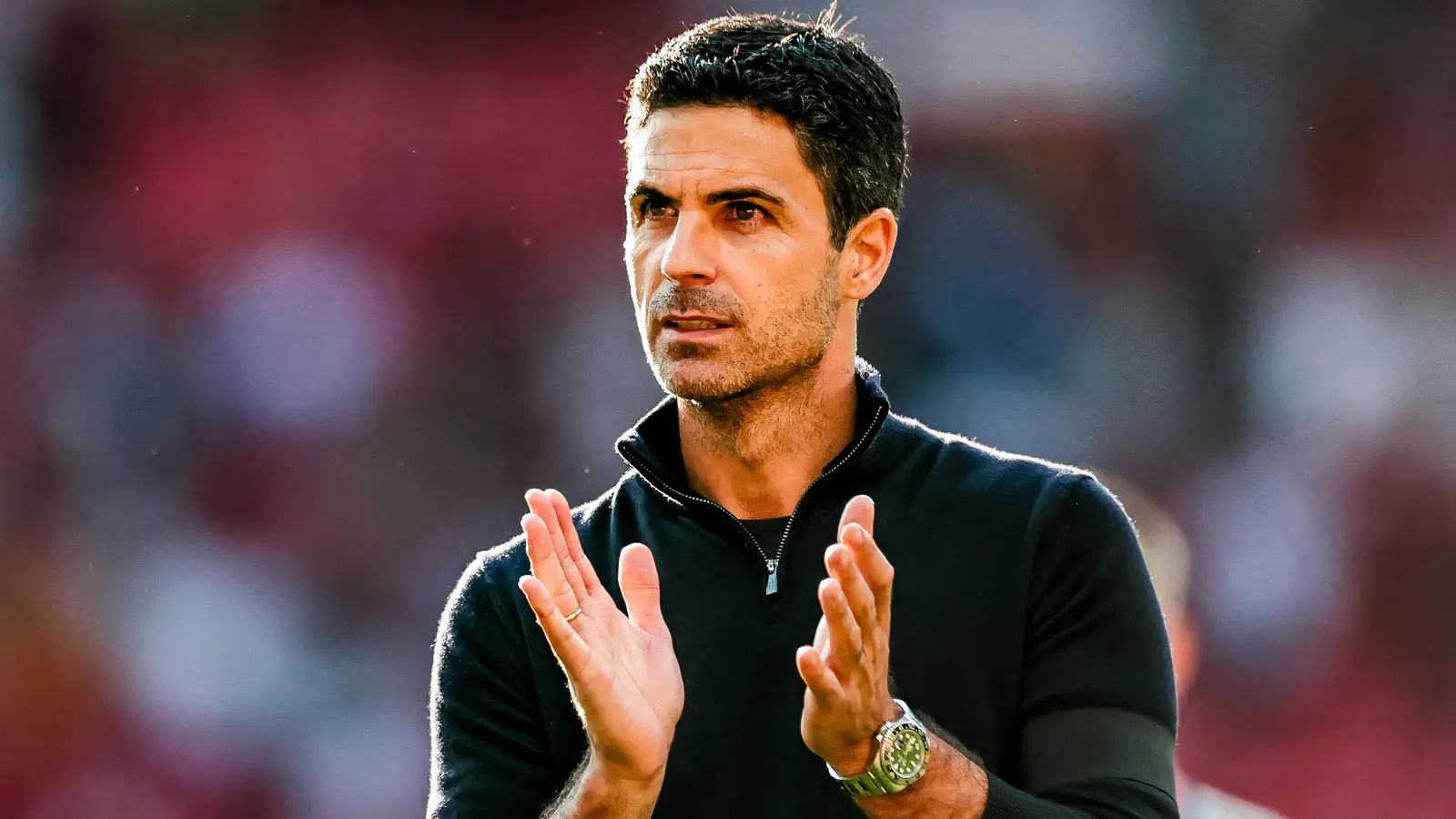By President Donald Trump
Copyright indiatimes

Video game publisher Electronic Arts announced Monday that it agreed to be taken private in a deal valued at roughly $55 billion by a group of investors that includes a firm managed by President Donald Trump’s son-in-law Jared Kushner and Saudi Arabia’s sovereign wealth fund. The deal would pay stockholders $210 per share in cash, a 25% premium to the company’s share price before news of the deal leaked. If completed, it would be the largest buyout of a publicly traded company to date, not adjusting for inflation. The investors would partly finance the deal with a $20 billion loan from JPMorgan Chase. The deal is led by Saudi Arabia’s Public Investment Fund, which already owns about 10% of Electronic Arts, as well as private equity firm Silver Lake and Kushner’s Affinity Partners. The move is the latest effort by the Saudi fund to advance into gaming as it looks to diversify its investments away from oil. In 2021, the fund created the Savvy Games Group to spearhead a planned $38 billion investment in the industry. Riyadh, the Saudi capital, hosted the Esports World Cup this summer, a video game tournament with $70 million in prize money. The fund’s gaming push is part of a broader bet by the kingdom on sports, which includes backing LIV Golf, a rival to the PGA Tour, a stake in the Professional Fighters League and major investments in soccer at home and abroad. For its part, Electronic Arts is a sports-gaming juggernaut, with EA Sports FC for soccer and Madden for football. The Saudi fund is “uniquely positioned in the global gaming and esports sectors, building and supporting ecosystems,” Turqi Alnowaiser, deputy governor and head of international investments at the Public Investment Fund, said in a statement. “I am more energized than ever about the future we are building,” said Andrew Wilson, the CEO of Electronic Arts. The previous record for the buyout of a public company was the $32 billion acquisition (excluding debt) of Texas utility company TXU by a group of private equity firms in 2007. The Electronic Arts buyout would need the approval of the Committee on Foreign Investment in the United States, a panel of government agencies that reviews international deals for security concerns. Some lawmakers have previously called for scrutiny of the Saudi fund’s investments in sports for national security reasons. “People don’t often think about video games and national security together, but these are platforms that reach millions of Americans and often collect a lot of personal data,” said Aaron Bartnick, a former official in the Biden administration who worked on national security reviews of foreign investments and is now a fellow at Columbia University. He suggested that the committee would “want to take a close look even if they ultimately end up signing off.” Merger reviews under the Trump administration have frequently incorporated political calculations. The Trump administration has warm relations with the Saudi government, and the Saudi sovereign fund has one of the larger stakes in Kushner’s investment firm. His fund, which has roughly $5.4 billion under management, is known primarily for taking small stakes in companies such as the Shlomo Group, an Israeli car-leasing and financing company, and Dubizzle, a classifieds site based in Dubai, United Arab Emirates. Silver Lake, which has around $110 billion under management, is known for its involvement in some of the largest technology transactions on record, such as multibillion-dollar deals with Dell Technologies to take it private and then public again. Electronic Arts would be required to pay a $1 billion termination fee if the company’s board decided against going ahead with the buyout, or if shareholders reject the deal. The investors would pay a $1 billion fee if, among other things, they were unable to secure regulatory approval. Electronic Arts would also have to pay a fee if it spurned the buyout agreement for a better offer. Analysts had previously thought that a major media player, like Disney, could try to buy the gaming company. In recent years, gaming companies have tried to adapt to changing player attitudes and appetites. Console games — those made for the PlayStation and Xbox — as well as desktop computer titles, have largely been in decline. Instead, gamers have flocked to free-to-play games like Fortnite, and many play from smartphones and other mobile devices. Others have embraced casual mobile games, which do not take the same amount of time and money to develop as those made by major studios like Electronic Arts. Analysts believe the Saudi plan is to make some of Electronic Arts’ most popular titles widely available and possibly free to play on platforms, which could include mobile devices and streaming television apps. New growth strategies could include in-app purchases or deals with popular streamers for access to a wider audience. Netflix is currently courting gamers across its platforms on connected TVs, for instance. The deal is expected to close in the second quarter of 2026. The company would remain based in Redwood City, California, and continue to be led by Wilson. This article originally appeared in The New York Times.



